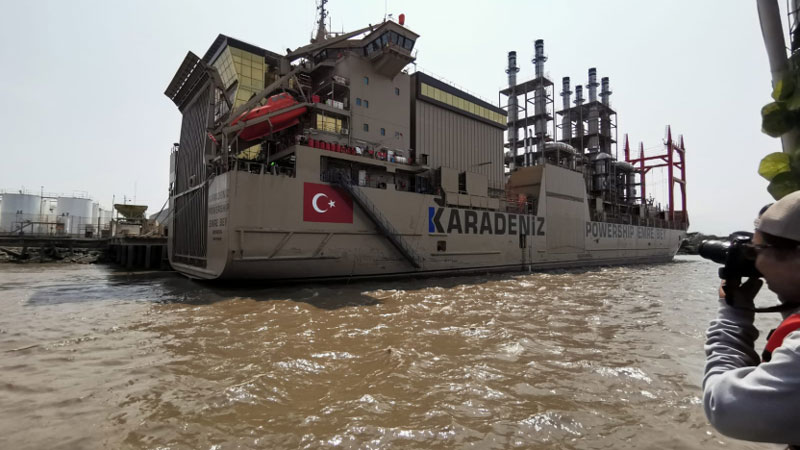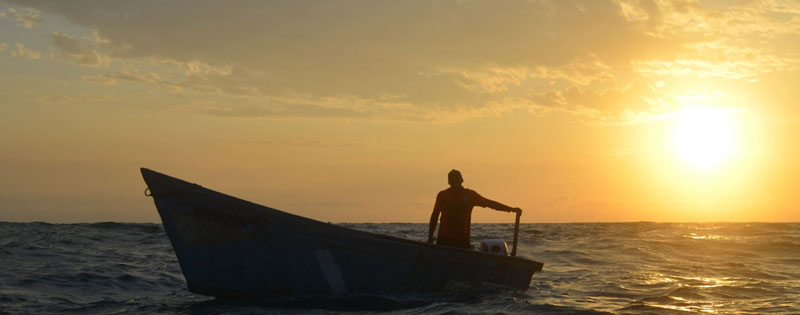High school dropouts in coastal cities provide an ‘endless supply’ of recruits for criminal gangs
By Liam Higgins
Criminal gangs operating in Ecuador’s coastal provinces have an “endless supply” of fresh recruits among the region’s teenagers, according to a University of Guayaquil psychology professor. “Most of these teenagers are high school dropouts,” says Vicente Naranjo. “Because they have some basic education, they are valuable to the gangs.”

High school dropouts in Durán and other coastal cities provide criminal gangs with a ready supply of new recruits.
Naranjo cites statistics provided by the city of Durán, which has been called the “murder capital” of Ecuador. According to a survey released in June, almost 37% of male students drop out of public high schools before the age of 17. If female students are included, the dropout rate is almost 30%.
“Although Durán is an extreme example, the dropout rates are very high throughout the entire coastal area, between 20% and 25% in the six provinces, which happen to be the six provinces with the highest crime rates in the country,” Naranjo says.
He adds: “There is a strong correlation between the dropout rate and the crime rate, which is something the government must consider in the fight against the drug gangs. A law enforcement response is essential, of course, but if you don’t address the root causes, the crime will continue.”
High school dropout rates in the Ecuador’s sierra are less than half that of coastal rates, Naranjo says. “In some provinces, it is less than 10% for male students, and this is why crime rates there are so much lower,” he says. “Another factor is that families are stronger in the mountain region. Even the young men who drop out of school are less likely to become criminals because family ties.”
He adds: “Last year, the United Nations reported that the rate of dysfunctional families in cities like Durán, Guayaquil and Manta ranks among the highest in the world. The report said that 20% of high school dropouts have no family structure at all.”
To address coastal crime, Naranjo says, the government needs to make a substantial investment in education and social programs. “We need the same level of commitment as we have for putting police and armed forces on the streets and arresting gang leaders.”
The first step is to repair and clean up the schools, according to Naranjo. “Many of them are in terrible condition. They are dirty, with broken windows, chairs and tables. Many of them, in fact, look like places where gangs would hang out, not places you go for an education.”
Second, says Naranjo, special programs need to be added to keep students in school, including after school activities such as sports, arts, musical and social events. “Most important, we must invest in training educators to work with students who are in danger of dropping out. We must show that we care about them and make them understand the value of an education.”
He adds: “A the moment, I see little effort in this direction.”
















